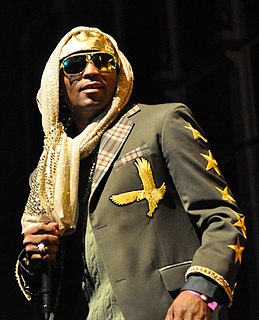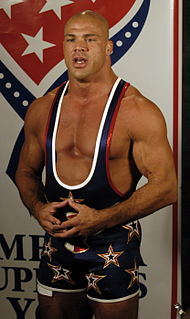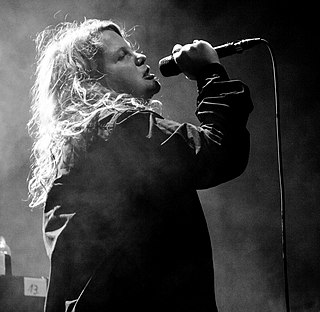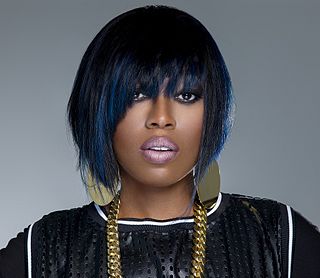A Quote by David Barton
In 1967, in DeKalb v. DeSpain, a court (255 F.Supp. 655. N.D.Ill. 1966.) took a 4-line nursery rhyme used by a K-5 kindergarten class and declared the nursery rhyme unconstitutional. The court explained that although the word 'God' was not contained in this nursery rhyme, if someone were to hear the rhyme, he might think that it was talking about God - and that would be unconstitutional!
Related Quotes
This is what rhyme does. In a couplet, the first rhyme is like a question to which the second rhyme is an answer. The first rhyme leaves something in the air, some unanswered business. In most quatrains, space is created between the rhyme that poses the question and the rhyme that gives the answer - it is like a pleasure deferred.
A nursery rhyme shapes your bones and nerves, and it shapes your mind. They are powerful, nursery rhymes, and immensely old, and not toys, even though they are for children." "But they make no sense!" Summer protested "Ah, well," said Ben. "Sometimes sense hides behind walls. You must find a window and stick your head right in before you can see it.


































